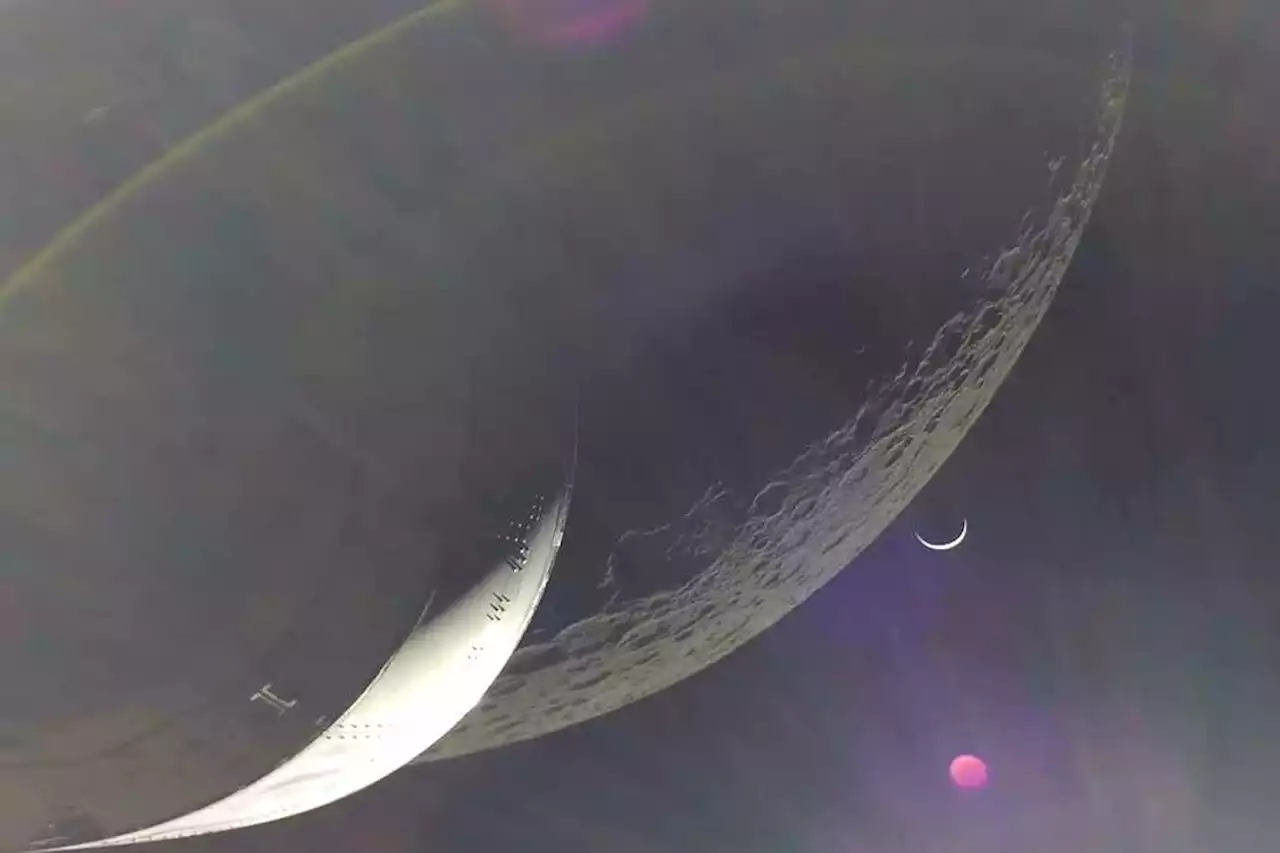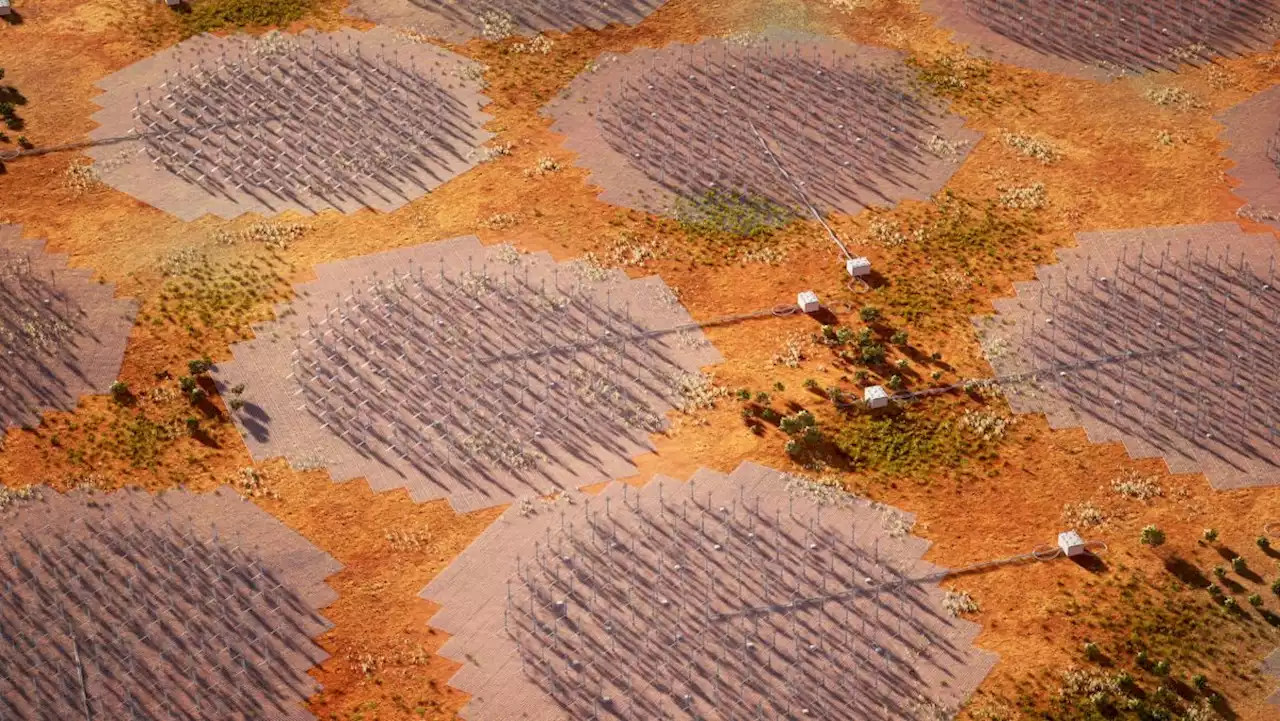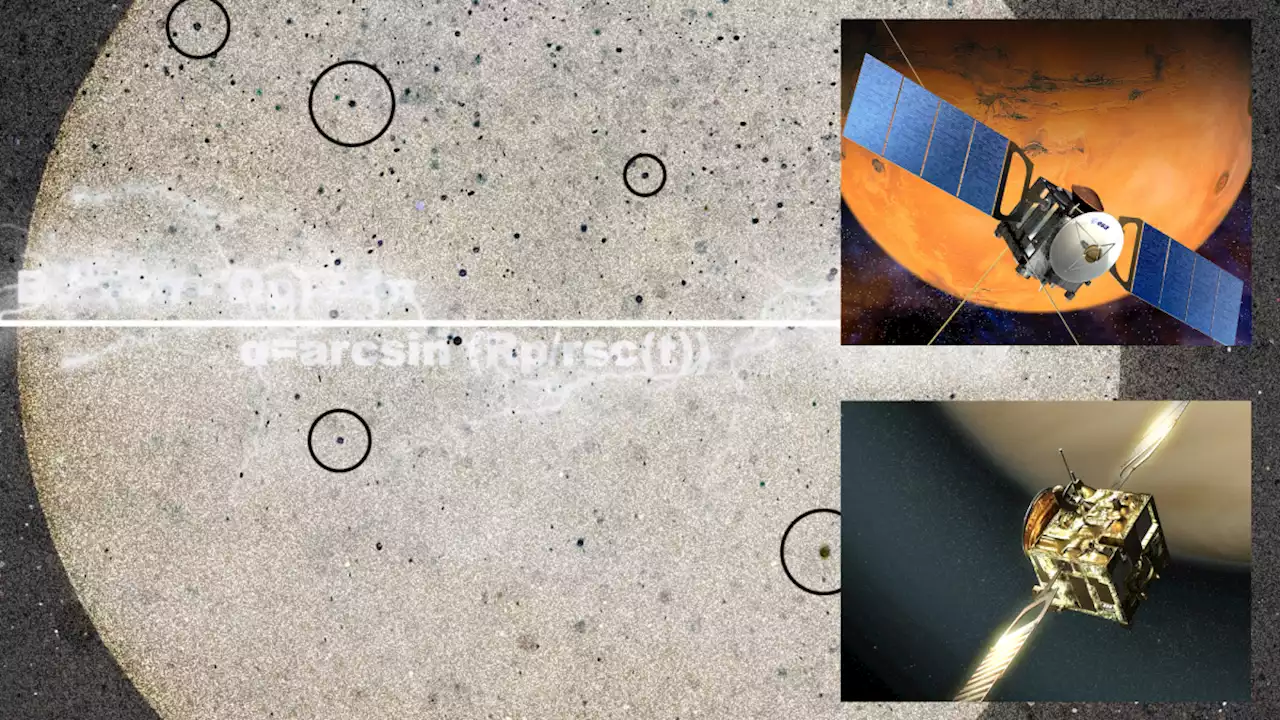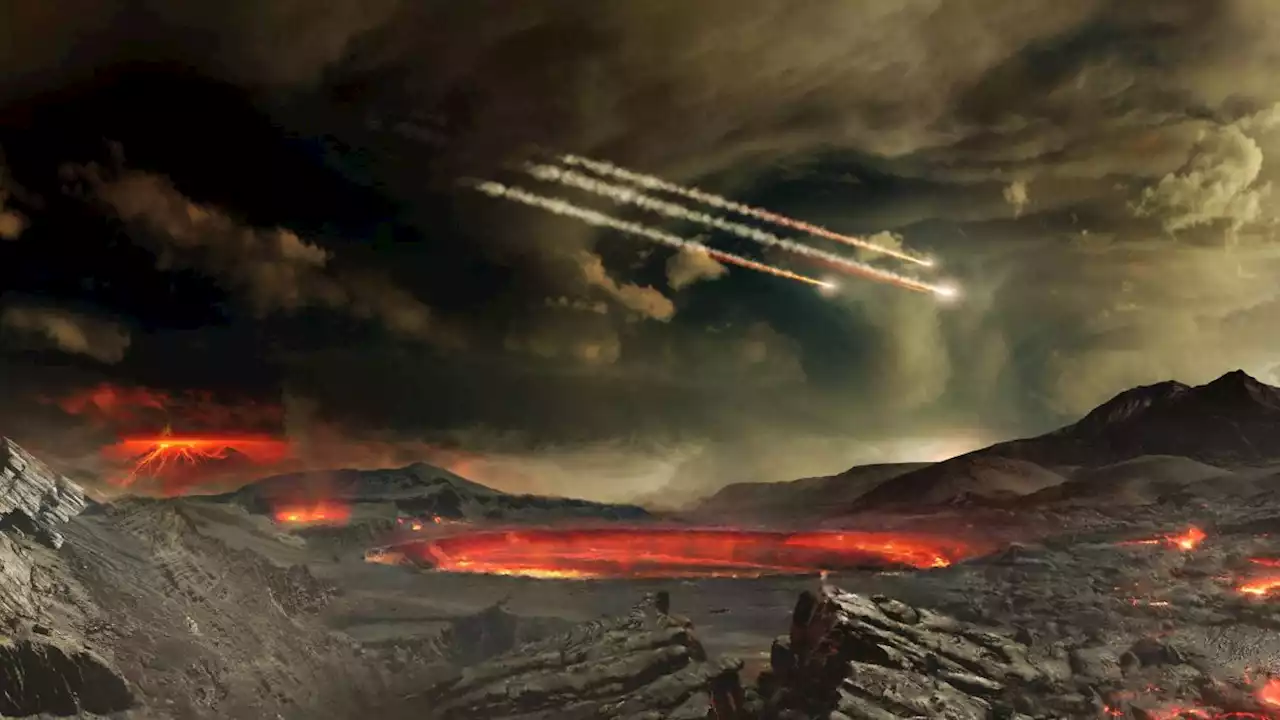The age of dinosaurs ended in cataclysm one spring day 66 million years ago when an asteroid 7.5 miles (12 km) wide hit Mexico's Yucatan peninsula, triggering the extinction of those remarkable beasts and about three quarters of Earth's species.
one spring day 66 million years ago when an asteroid 7.5 miles wide hit Mexico's Yucatan peninsula, triggering the extinction of those remarkable beasts and about three quarters of Earth's species.
Based on more than 1,600 fossils, the researchers reconstructed the food chains and habitat preferences of land and freshwater vertebrates. These included the likes of giant meat-eater "In other words, the dinosaurs were struck down in their prime," said ecologist Jorge García-Girón of the University of Oulu in Finland and University of León in Spain, lead author of the research published in the journalBut mammals had begun laying the groundwork for their later ascent, diversifying their ecological niches and evolving more varied diets, behaviors and climate tolerances, García-Girón added.
The fact that the dinosaurs were so well adapted to their climate and environment may have been their undoing.
Malaysia Latest News, Malaysia Headlines
Similar News:You can also read news stories similar to this one that we have collected from other news sources.
 Amazing image of crescent Earth rising over the moon captured by OrionThe Orion capsule has made its closest pass above the surface of the moon and begun its journey back to Earth, capturing astonishing views of our planet on the way
Amazing image of crescent Earth rising over the moon captured by OrionThe Orion capsule has made its closest pass above the surface of the moon and begun its journey back to Earth, capturing astonishing views of our planet on the way
Read more »
 The largest telescope on Earth is coming to hunt radio-waves from the early universeAfter 30 years of planning, construction of the SKA Telescope, set to be the world's largest telescope array, began in South Africa on December 5.
The largest telescope on Earth is coming to hunt radio-waves from the early universeAfter 30 years of planning, construction of the SKA Telescope, set to be the world's largest telescope array, began in South Africa on December 5.
Read more »
 NASA's Orion spacecraft captures stunning video of moon, EarthNASA's Orion spacecraft showed stunning footage of the dark side of the moon and the Earth ahead of its Dec. 11 splashdown this weekend off the California coast.
NASA's Orion spacecraft captures stunning video of moon, EarthNASA's Orion spacecraft showed stunning footage of the dark side of the moon and the Earth ahead of its Dec. 11 splashdown this weekend off the California coast.
Read more »
 When will NASA Artemis I Orion return to Earth?Here's everything you need to know about Orion's return to Earth, the official ending of NASA's historical Artemis I mission.
When will NASA Artemis I Orion return to Earth?Here's everything you need to know about Orion's return to Earth, the official ending of NASA's historical Artemis I mission.
Read more »
 Solar cycle peak reduces cosmic rays around Mars, Venus and EarthRobert Lea is a science journalist in the U.K. whose articles have been published in Physics World, New Scientist, Astronomy Magazine, All About Space, Newsweek and ZME Science. He also writes about science communication for Elsevier and the European Journal of Physics. Rob holds a bachelor of science degree in physics and astronomy from the U.K.’s Open University. Follow him on Twitter sciencef1rst.
Solar cycle peak reduces cosmic rays around Mars, Venus and EarthRobert Lea is a science journalist in the U.K. whose articles have been published in Physics World, New Scientist, Astronomy Magazine, All About Space, Newsweek and ZME Science. He also writes about science communication for Elsevier and the European Journal of Physics. Rob holds a bachelor of science degree in physics and astronomy from the U.K.’s Open University. Follow him on Twitter sciencef1rst.
Read more »
 Gamma-rays may have helped meteorites seed Earth with the building blocks of lifeRobert Lea is a science journalist in the U.K. whose articles have been published in Physics World, New Scientist, Astronomy Magazine, All About Space, Newsweek and ZME Science. He also writes about science communication for Elsevier and the European Journal of Physics. Rob holds a bachelor of science degree in physics and astronomy from the U.K.’s Open University. Follow him on Twitter sciencef1rst.
Gamma-rays may have helped meteorites seed Earth with the building blocks of lifeRobert Lea is a science journalist in the U.K. whose articles have been published in Physics World, New Scientist, Astronomy Magazine, All About Space, Newsweek and ZME Science. He also writes about science communication for Elsevier and the European Journal of Physics. Rob holds a bachelor of science degree in physics and astronomy from the U.K.’s Open University. Follow him on Twitter sciencef1rst.
Read more »
